Addition Practice Building Vocabulary Worksheets for Ages 5-9
8 filtered results
-
From - To
Enhance your child's learning journey with our "Addition Practice Building Vocabulary Worksheets" designed specifically for ages 5-9. These engaging worksheets combine math skills with vocabulary development, ensuring your young learners grasp the fundamentals of addition while expanding their language abilities. Each worksheet is packed with fun, interactive activities that promote computational skills as well as word recognition and usage. Children will enjoy solving addition problems while encountering new words, making learning both enjoyable and effective. Perfect for classroom use or at-home practice, these worksheets provide a comprehensive approach to mastering math and language, setting the stage for academic excellence. Download now!
Addition practice and building vocabulary are crucial for children aged 5-9 because they lay the foundation for academic success and cognitive development. At this age, children are rapidly learning essential skills, and mastering addition helps develop their logical reasoning and problem-solving abilities. Understanding numerical concepts enables children to tackle more complex mathematical operations in the future, fostering confidence in their abilities.
Similarly, building vocabulary is vital for effective communication and comprehension. A rich vocabulary enhances a child's ability to express thoughts, share ideas, and engage in conversations. It can also improve reading skills, as children with a strong vocabulary are more likely to understand what they read, promoting a love for literature and lifelong learning.
Moreover, strong math and language skills are interconnected. Good mathematicians can often articulate their thought processes clearly, and children who narrate their problem-solving steps deepen their understanding of math concepts. Parents and teachers should prioritize activities that combine addition practice with vocabulary-building opportunities, such as math-related stories or word problems, creating a rich, integrated learning experience. This comprehensive approach not only supports academic growth but also nurtures a well-rounded, confident young learner prepared for future challenges.
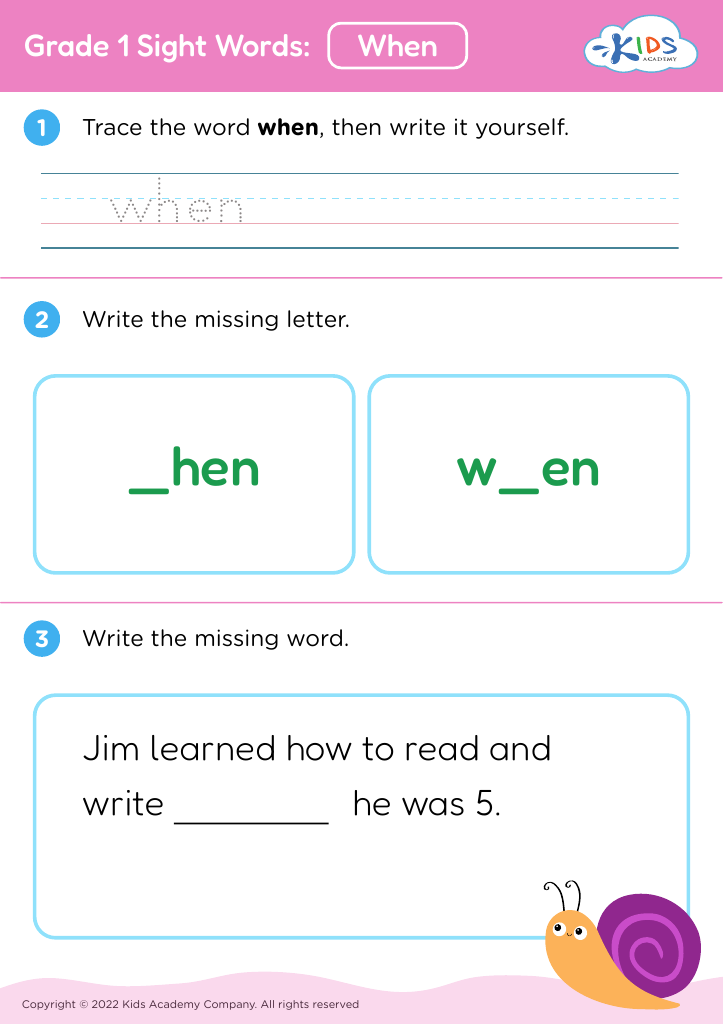










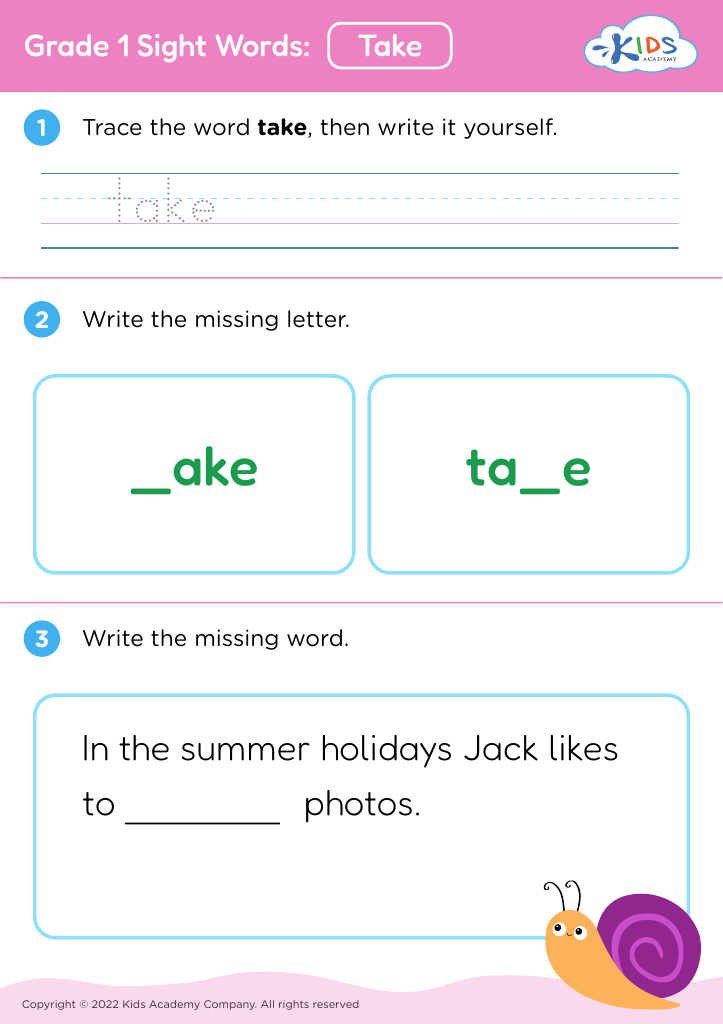
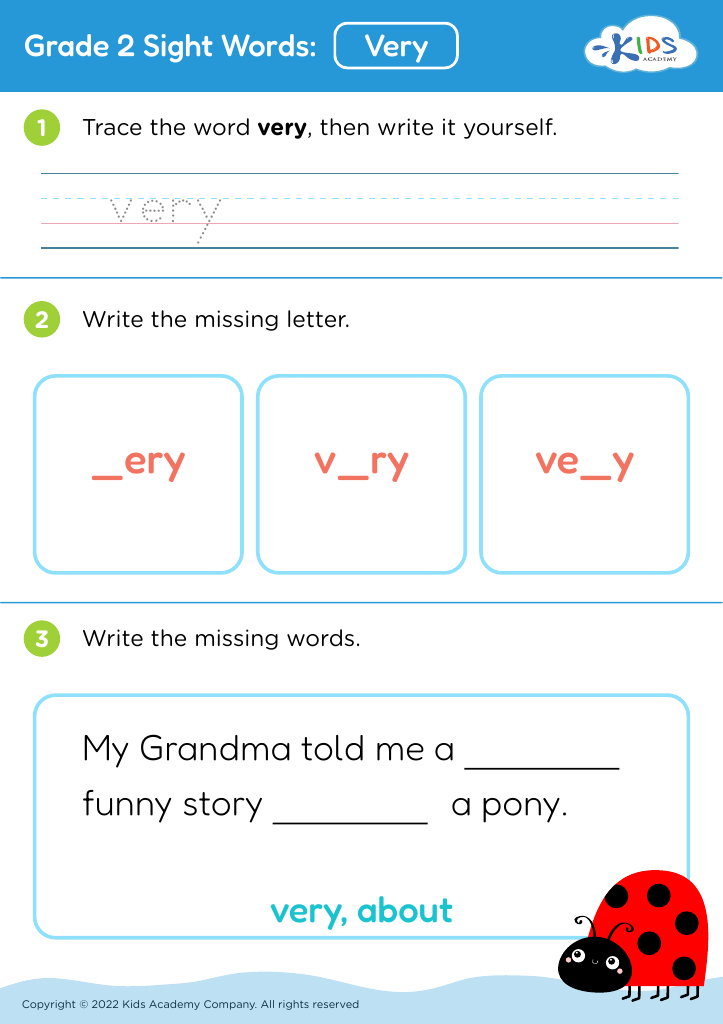
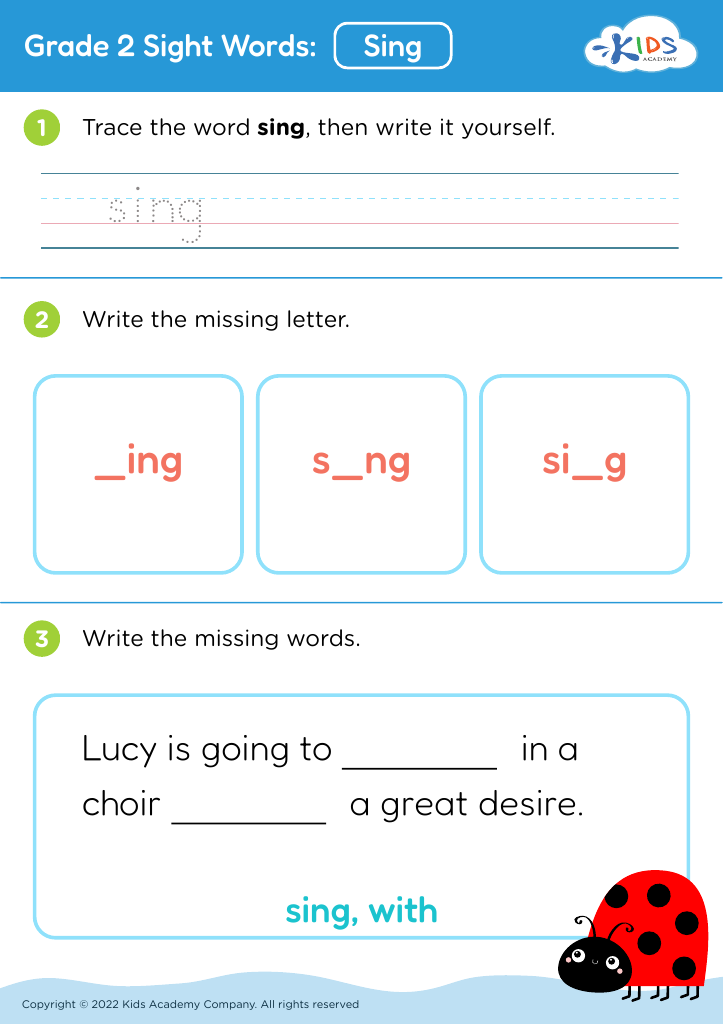
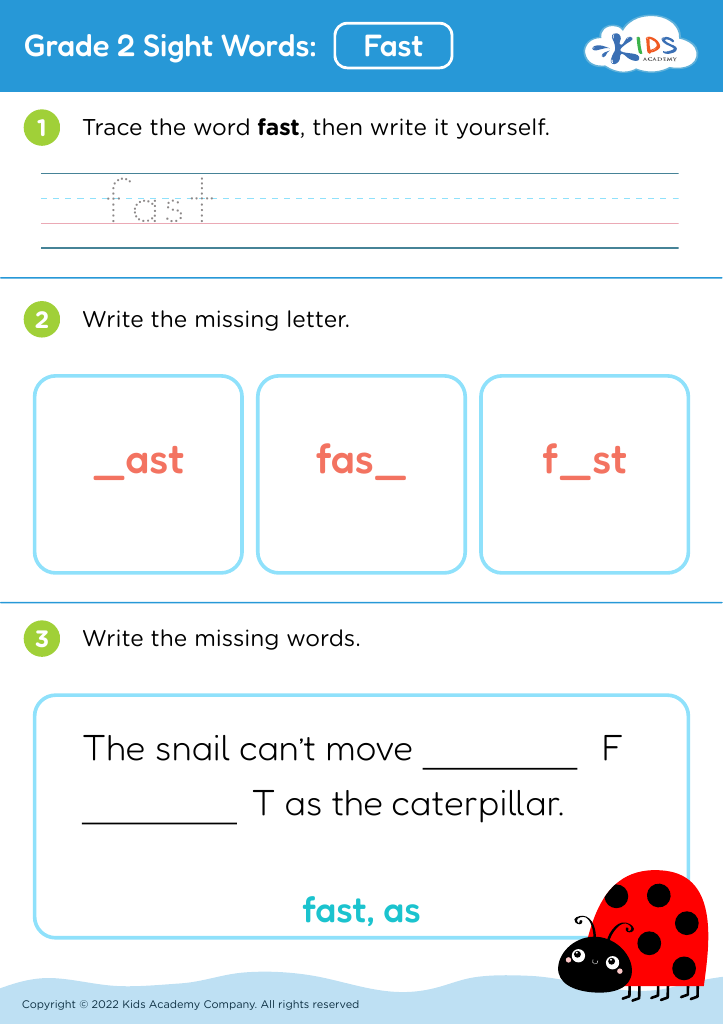
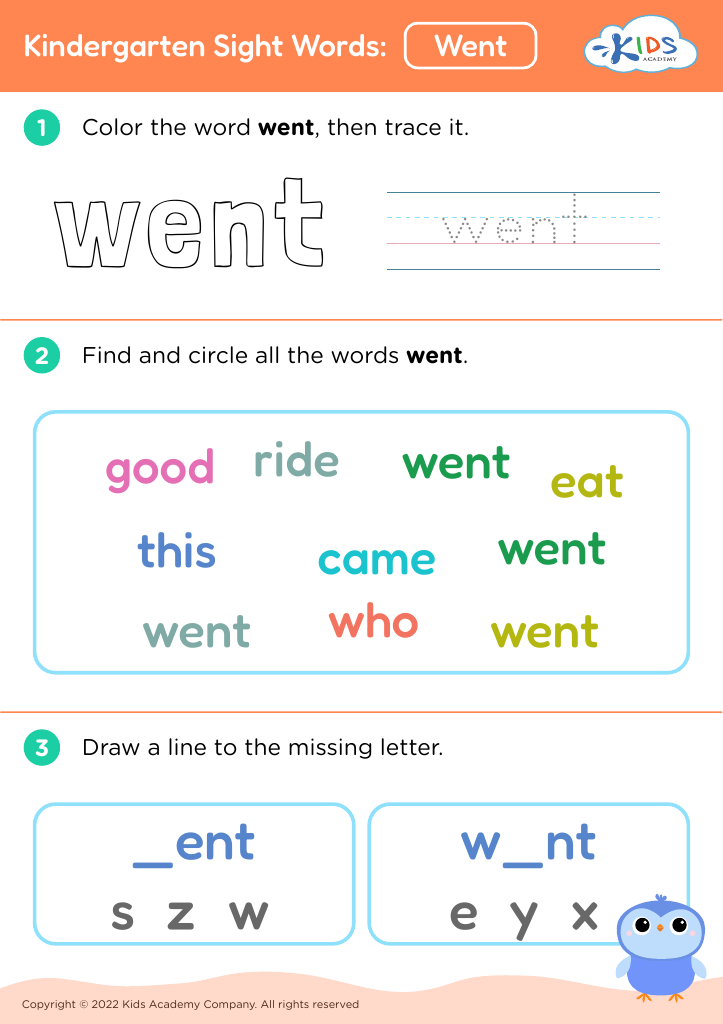
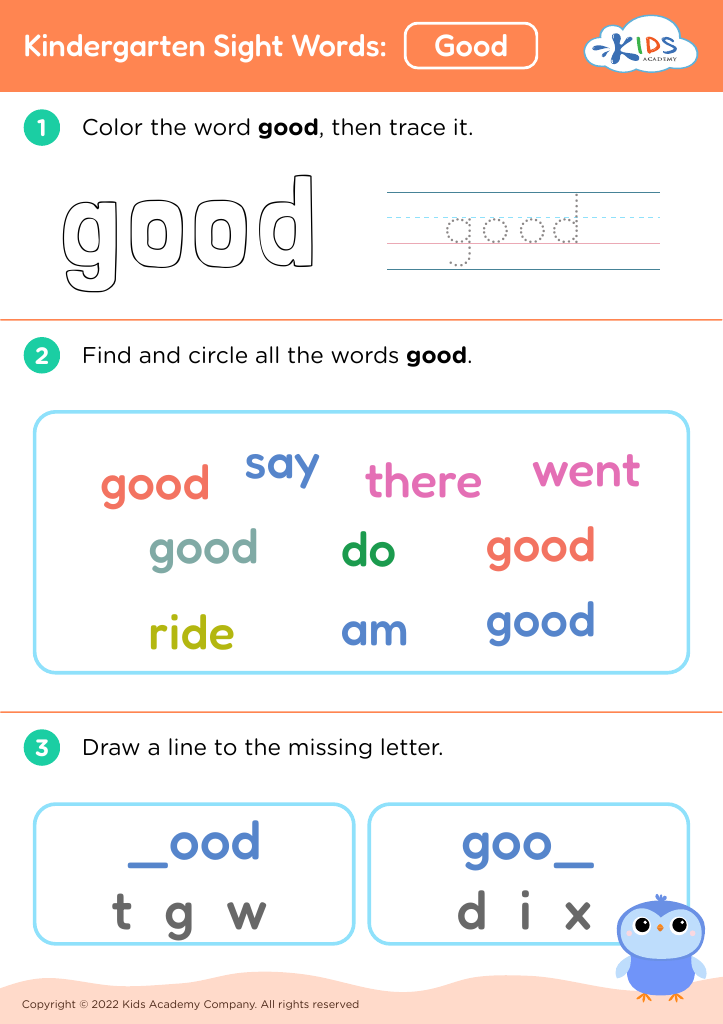
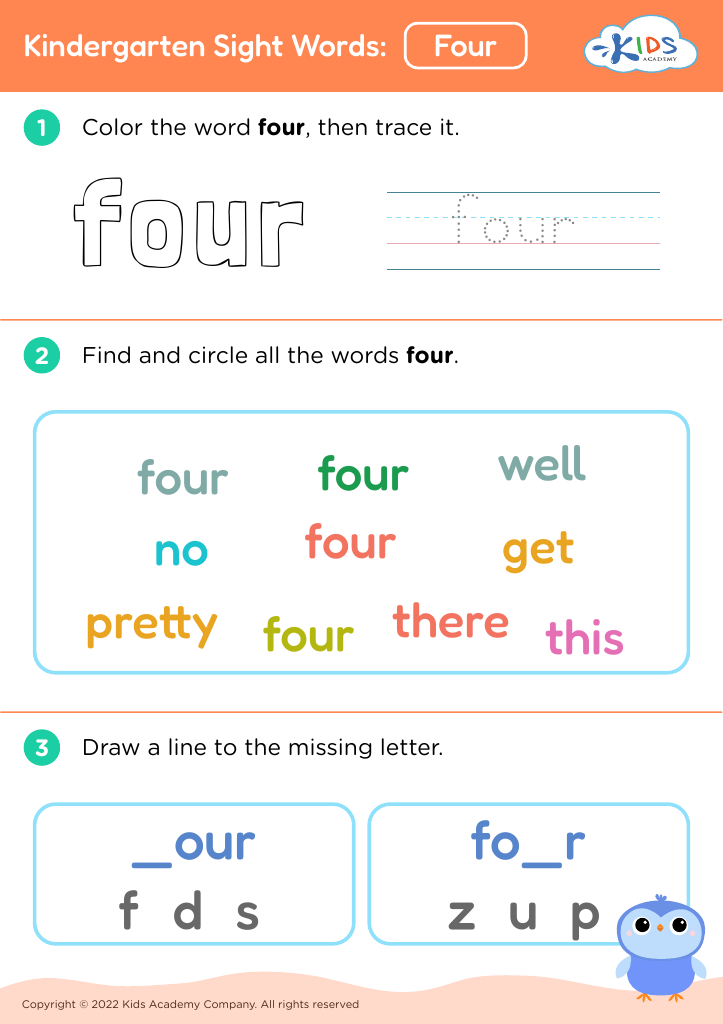




.jpg)


.jpg)








